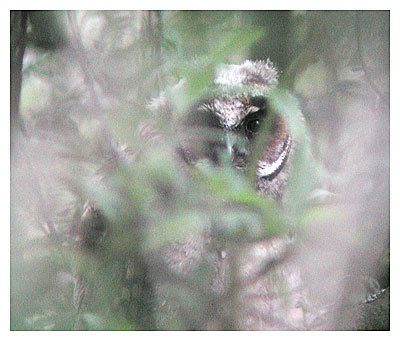Sunday 26.6.05 was a great insect day for me. In addition to seeing Black Hairstreak for the first time (see below), plus all the brilliant insects that were at the sites I visited, my Peterborough garden threw up two new crackers. First there was a Black-tailed Skimmer (a maturing male), on our stick pile. Note the lack of black in the wing bases, the shape of the body and wings, the developing blue pruinescence (waxy blue stuff that comes with maturity) and the yellowish 'costa' (the front edge of the wings). And it even has a bit of a black tail...

Our garden's dragonfly list is now: Emperor, Brown Hawker, Migrant Hawker, Common Darter, blue damselfy sp(p) [I'm yet to positively identify one] and Black-tailed Skimmer. Total: 6 species (at least).


Then in the early evening, a Large Skipper called in and basked and nectared on one our brambles. It is a male (note the dark 'sex brand' on the wings).
The garden butterfly list is: Large Skipper, Small Skipper, Essex Skipper, Brimstone, Large White, Small White, Green-veined White, Orange-tip, Holly Blue, Common Blue, Brown Argus, Small Copper, Meadow Brown, Gatekeeper, Speckled Wood, Comma, Red Admiral, Painted Lady, Peacock, Small Tortoiseshell. Total: 20 species, not bad for a town garden...
All photos Nikon Coolpix 880



































